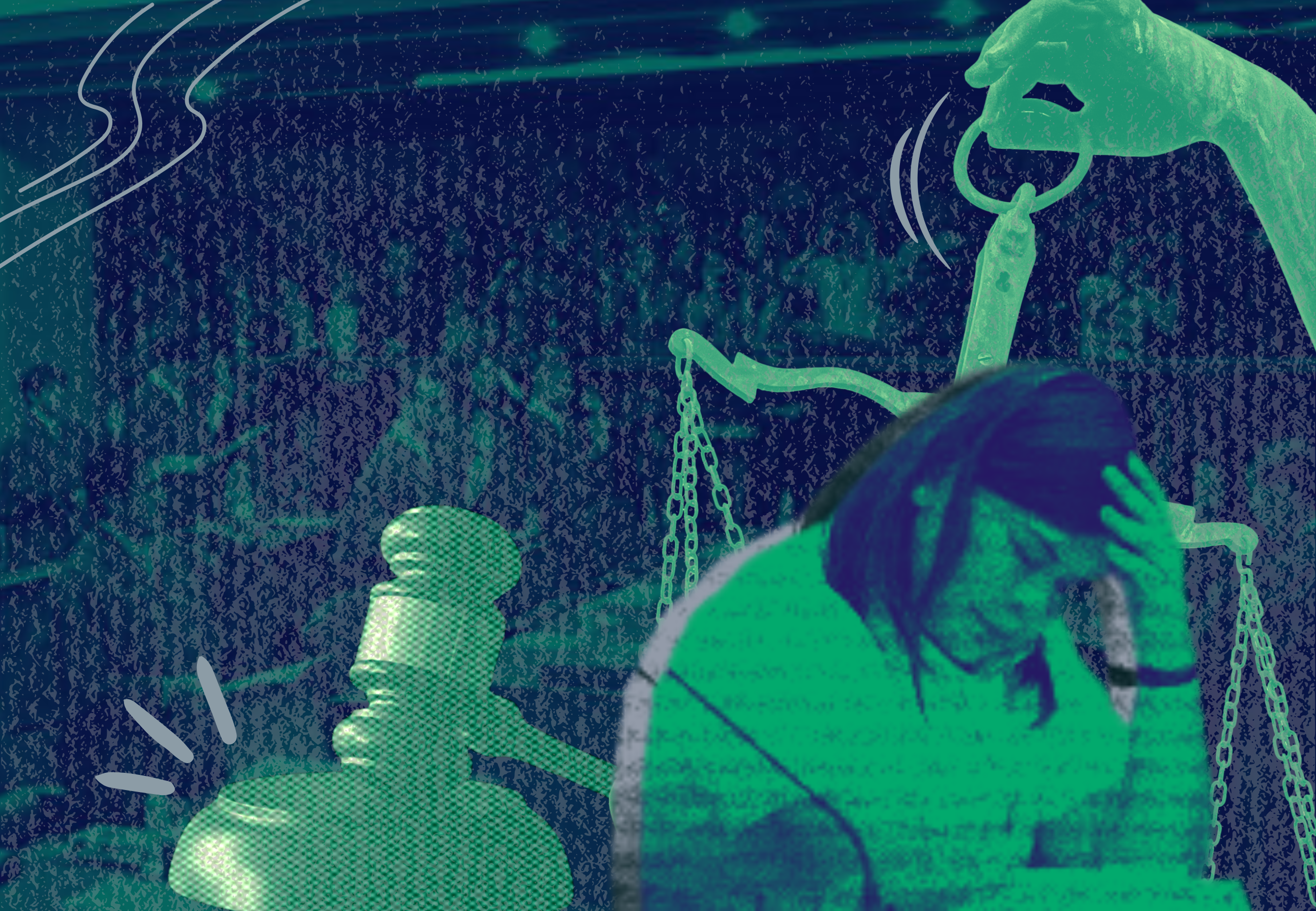Voice of the people on VP’s impeachment: No to dismissal, no to delays

CONCERNS CONTINUE to grow over the Senate’s prolonged inaction on the impeachment trial of Vice President Sara Duterte. More than four months have passed since the House of Representatives transmitted the articles of impeachment, but the Senate has yet to begin the trial, building up frustration among a leading community that includes constitutional experts, civil society groups, and academic institutions.
While most media coverage focused on statements of key lawmakers and procedural matters, several media outlets gave space and time to alternative sources who have voiced alarm over what they view as a creeping constitutional crisis. These groups have criticized the delay as politically motivated and warned against the erosion of institutional mechanisms for public accountability.
Calls to uphold the Constitution
As the Senate deviated from its proposed schedule, media captured the voices who questioned whether the chamber was still fulfilling its constitutional mandate.
Several groups, including schools, legal experts, and civil society organizations, raised or renewed calls for the Senate to do its duty and proceed with the trial. Many media outlets cited Adolfo Azcuna, one of the framers of the 1987 Constitution, who emphasized that the word “forthwith” used in the Charter meant “agad-agad” or immediately. He warned that the Senate’s inaction constitutes a “serious violation” of the Constitution.
BusinessMirror, Bulatlat, and Philippine Daily Inquirer reported on a petition campaign led by Taumbayan Ayaw sa Magnanakaw at Abusado Network, which was signed by students, religious leaders, and academics. The petition urged the Senate to begin the trial and warned against any attempt to dismiss the case behind closed doors.
Dismissal not an option
Senator Ronald “Bato” Dela Rosa admission that his office drafted a resolution to dismiss the impeachment complaint provoked a swift and sharp backlash from legal experts.
Christian Monsod, another framer of the Constitution, countered that the Senate has no authority to throw out the complaint. “It must hold a trial,” he said, warning that dismissing the complaint would be a constitutional violation.
Other legal figures, including former Integrated Bar of the Philippines president Domingo Cayosa, political analyst Ronald Llamas, and lawyer Amado Valdez, echoed Monsod’s position, arguing that the Constitution does not provide for dismissal once the House has transmitted the articles of impeachment.
The University of the Philippines College of Law released a faculty statement saying any dismissal would be “unsupported by factual development and a proper reading of the Constitution.”
Media outlets also highlighted strong opposition from academic institutions. Universities such as Ateneo de Manila, De La Salle, UST, Adamson, and San Beda released joint and individual statements urging the Senate to act. Their positions were prominently reported by ABS-CBN News Online, Bulatlat, BusinessMirror, GMA News’ 24 Oras, Manila Standard, The Philippine Star.
Inquirer.net amplified the voices from the Philippine Bar Association, the Makati Business Club, and the Philippine Society for Public Administration, all of whom criticized the delay. In another Inquirer.net piece, a Mindanao-based lawyers’ group condemned the Senate’s actions as a “disingenuous maneuver.”
Can the trial continue into the next Congress?
Some senators have questioned whether the impeachment trial can legally continue into the next Congress. Constitutional experts quickly made it clear that it can.
Monsod pointed out that the Senate is a “continuing body,” meaning the trial can proceed even if the 20th Congress ends. Rene Sarmiento, also a framer of the Constitution, said the trial can move forward “despite adjournment or any suspension of session.”
UP Law professor Paolo Tamase pointed to US precedent—on which the Philippine impeachment process is based—where impeachment trials have carried over into subsequent legislative sessions.
The public wants accountability
Public calls for accountability have remained strong, overwhelming the political noise and tactical delays from some lawmakers.
The media clearly played a crucial role in highlighting the growing frustration of experts, independent groups, and ordinary citizens. While lawmakers dominate headlines, journalists have helped balance the narrative by giving space to legal scholars and civil society groups who insist that democratic norms must be upheld.
The mounting calls for justice highlight the responsibility that now falls on journalists who must sustain coverage so the public can scrutinize and criticize political moves to delay the impeachment. It must do its job and expose the maneuvers and attempts to divert attention from the task at hand, hold accountable the abuse of power for their personal gain.
Leave a Reply